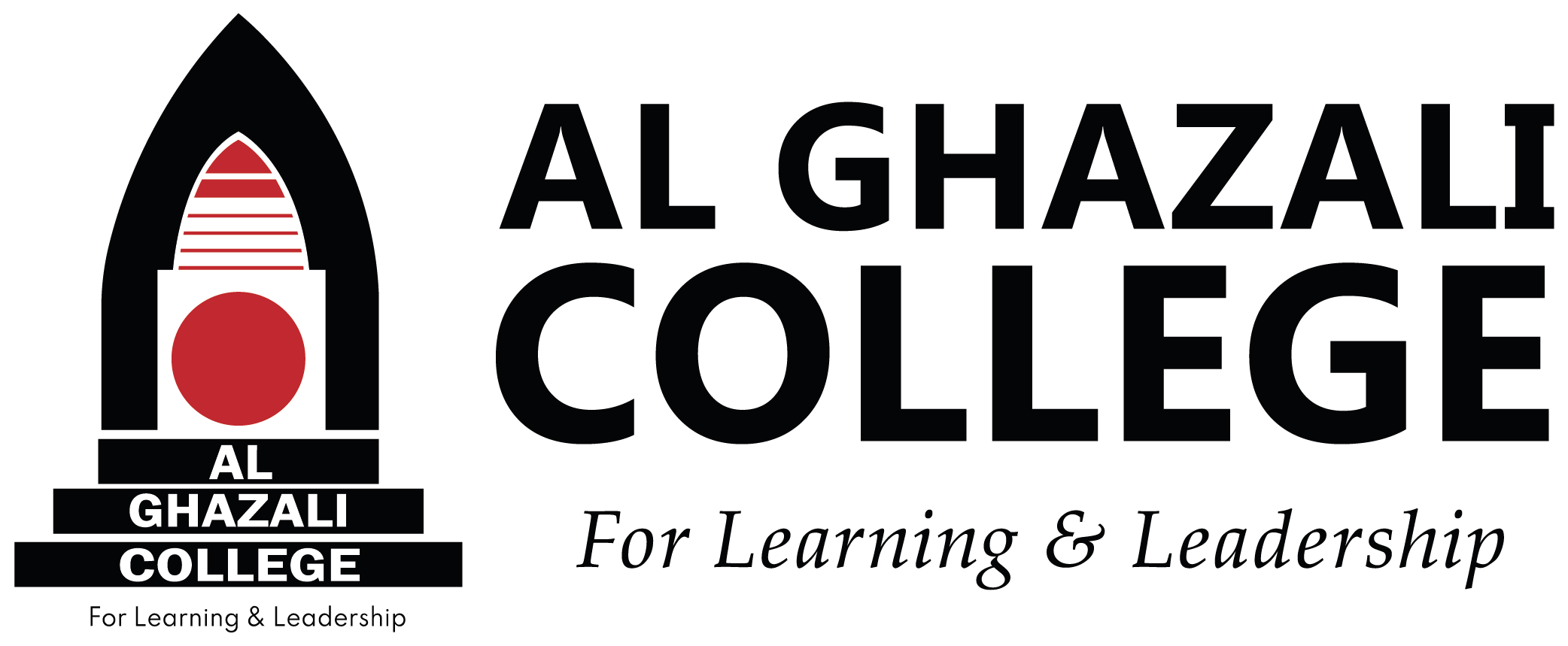Strategy
Small Title
Big Title
1.1. Curriculum Provision
We will provide a dynamic curriculum which will be sustained through evaluation where every learner’s ability is nurtured and advanced so that they apply what was learned to new and complex situations. Through such a curriculum, our learners will develop skills to:
(a) research;
(b) think critically;
(c) communicate effectively;
(d) collaborate with one another; and
(e) be creative and innovative.
1.2. Establishing a Culture of Excellence and Lifelong Learning
We develop a culture of excellence that permeates every classroom in our school. In addition to achieving the best grades, the focus will also be on providing the best education thereby creating a lifelong passion for learning.
Higher order thinking skills will be developed and enhanced where:
(a) Teachers deliver lessons that stimulate and encourage interactive collaboration; and
(b) Opportunities are provided for learners to actively find information through research in order to solve problems, answer questions, create and share information as well as use multi-media presentation of learning.
1.3. Developing the Whole Person
We will engage our learners in relevant and challenging opportunities to enhance their individual academic, social/emotional, physical and spiritual growth by following the Qur’an and the example of Prophet Muhammad (peace be upon him).
An inclusive education will be provided where the ideals of Islam are modelled, practised and encouraged. These ideals will include, but not limited to, accountability (hisba); reflective practice (tafakkur) and righteous behaviour (akhlaq).
Teachers will focus on every child, in every classroom every day. A responsive approach will be adopted to address the academic, social, emotional, physical and spiritual needs of each child.
Over the period 2019-2022, our efforts will be focused on the following key strategic areas:
2.1. A learning environment which is individualised, inspiring, energetic and stimulates a passion for learning.
2.2. Prepared and professional teachers who nurture and inspire learners to reach their full potential.
2.3. The development of holistic learners with the requisite skills, knowledge, attitude and values who take responsibility for their learning.
3.1. Literacy
By September 2021, 100% of learners will meet or exceed grade level reading, writing and comprehension skills across all subjects. The November 2019 and 2020 data will indicate an 80% to 100% growth in oral and written proficiency and show that learners have been developed to think critically, communicate effectively, deal with change and solve problems in a variety of contexts.
3.2. Numeracy
By September 2021, 80% of learners across all grades will be able to use appropriate strategies to calculate and solve problems of various kinds and communicate their thinking effectively.
3.3. Academic
(a) Grade R-3
At the end of each academic year (2019-2021), learners will be able to:
- Read for learning, communicate effectively, demonstrate an understanding of concepts and skills as well as show and explain their thinking all the time; and
- Build logical thinking skills using concrete, semi-concrete and abstract strategies.
(b) Grade 4-12
At the end of each academic year (2019 – 2021), all learners will achieve a minimum mark of 60% in all subjects and grades.
(c)Improvement
An improvement of at least 5% (year-on-year) must be achieved.
3.4. Islamiyaat
By September 2021, all learners will be able to competently use grade appropriate verses of the Qur’an, the speech and acts of the Prophet Muhammad (PBUH) to acquire a more elevated moral and spiritual consciousness, leading to faith and righteous action.
3.5. Sport
In order to meet the needs, interests and abilities of 70% to 80% of learners, selected sporting codes and activities will be provided with the objective of developing confidence, respect, responsibility, teamwork and sportsmanship amongst learners.
3.6. Extra-mural Activities
By the end of September 2021, all learners would have had the opportunity to participate in internal and external competitions as well as make presentations to demonstrate that they have developed skills of critical thinking, communication, collaboration and creativity.
3.7. ICT
During the period 2019 to 2021, learners from grade 4 to 12 will be provided with some form of digital literacy where they become effective users of digital systems, critical consumers of information and innovative creators of digital solutions.
3.8. Staff
Before the end of the 2019 academic year, an appropriate staff performance management system will be fully developed so that the achievement, commitment and the productivity of staff are recognised and rewarded.
Ready to enrol or want more info?
Submit an application online or get in touch with us and we’ll assist.
